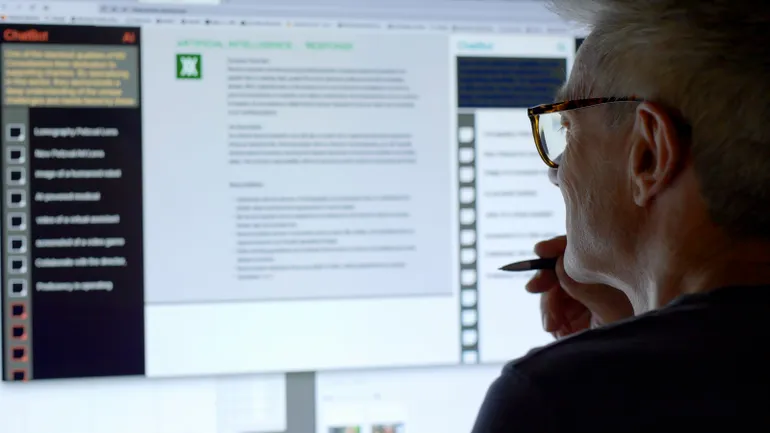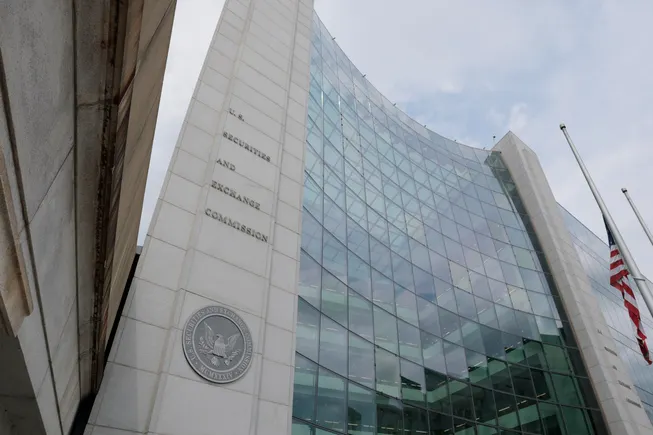Editor’s Note: ‘Happy Hour’ is an HR Dive column from Editor Ginger Christ. Follow along as she dives into some of the offbeat news in the HR space.
I used to travel for work — a lot — when I was a manufacturing reporter. I felt lucky to travel the country, meet new people and learn firsthand how industry operates.
The one small problem is that I’m a bit claustrophobic, which means I hate feeling trapped on airplanes. The first time I traveled for work solo, I cried en route to Washington, D.C., a very short flight from Cleveland.
My solution, other than going to therapy, was to dress up for my flights. I figured if I was emotionally a wreck, people would be nicer to me if I looked put together.
It worked. I can’t quantify it, but it certainly felt like my fellow travelers were more sympathetic when I put more effort into my appearance.
So let’s talk about pretty privilege, or, more aptly, hiring bias.
More than half of hiring managers recently said that a candidate’s physical traits — such as facial attractiveness, body type, race and hair color — affect their hiring decisions, an Aug. 12 ResumeTemplates.com report found. Meanwhile, the same share said they look up candidates’ photos before interviews, and some reject candidates based on their photo alone.
The thing is, that’s not just unkind; it can be illegal.
Under Title VII of the Civil Rights Act of 1964, employers can’t discriminate against workers or candidates on any aspect of employment because of race, color, religion, sex or national origin.
Proving hiring discrimination can be a “double-edged sword,” however, Julia Toothacre, chief career strategist at ResumeTemplates.com, told HR Dive.
“You have to have really solid evidence, which is really hard to do, because most people are … savvy enough to know that they shouldn’t outwardly say, ‘I’m not hiring you because you look this way.’ They might think it internally, but most people will not outright say it,” Toothacre said. “I think that some people know that they’re being discriminated against for their appearance, and they can’t prove it.”
For its survey of 882 hiring managers, ResumeTemplates.com offered respondents an option to write in answers about factoring physical appearance into hiring decisions.
“It helps to sell products,” one person wrote.
“It’s not something I do on purpose, but if I am being honest, a person who presents themselves as attractive and is well-dressed tends to stick to my memory more on the positive side,” wrote another.
Respondents said a candidate’s appearance can signal professionalism, show that the candidate can impress clients, represent confidence or leadership and predict cultural fit, among other things.
“Cultural fit,” the report warns, “can be used to mask discrimination when it excludes candidates based on protected traits.”
Taking appearance into account in hiring decisions could be on the rise, as the Trump administration keeps diversity, equity and inclusion programs in its crosshairs. Of those surveyed, 48% said the Trump administration and the political climate have made them feel more comfortable in considering physical traits during hiring.
“It took away the program that helped people be aware of this type of bias,” Toothacre said.
Toothacre said she hopes the report will help people confront their own biases and remind them that there are laws against hiring discrimination. She urged hiring managers to assess themselves and try not to let inherent biases influence their decision making.
For my part, I go to the airport in hoodies and leggings now, and I haven’t worn makeup on my last few flights. Please still be nice to my anxious self.





Leave a Reply